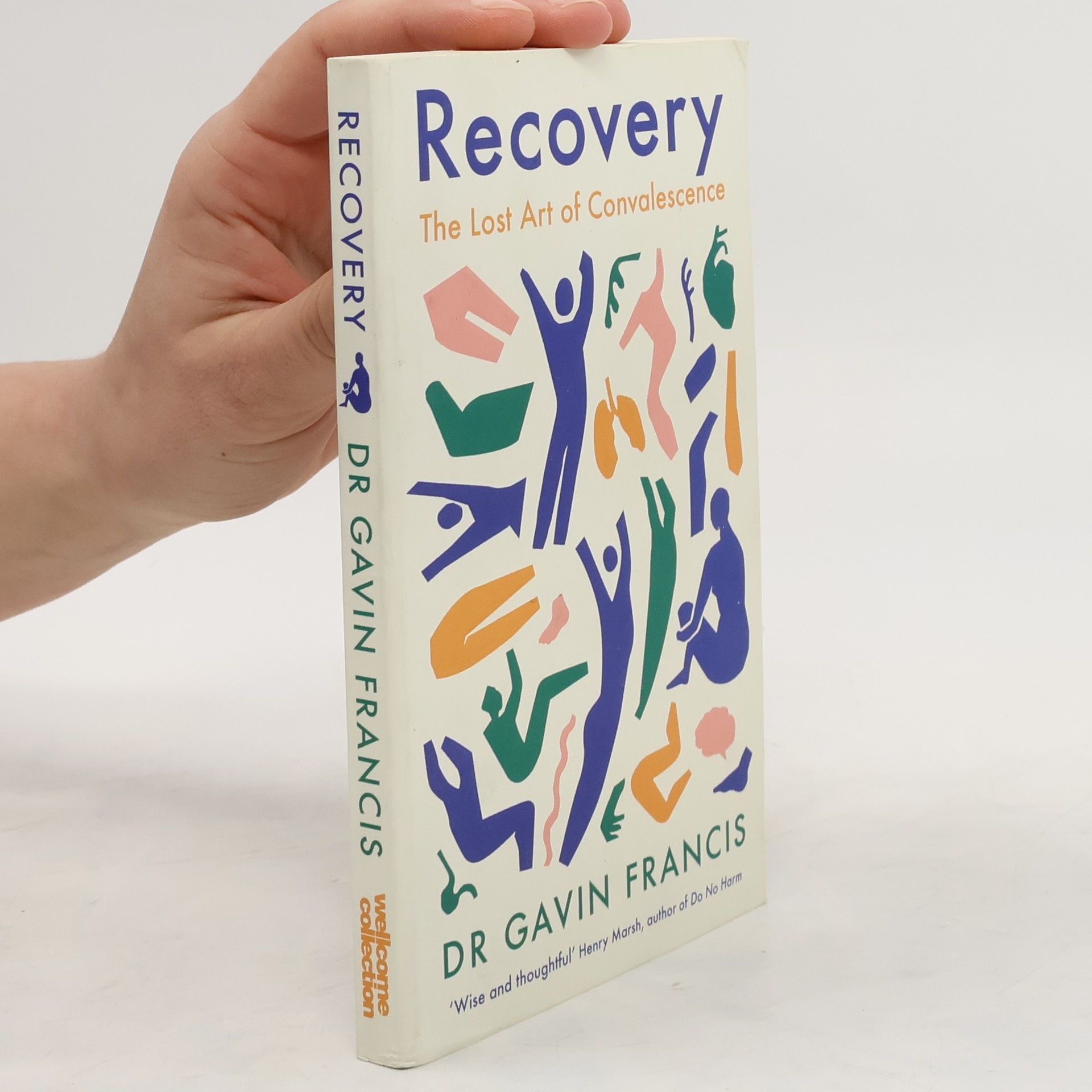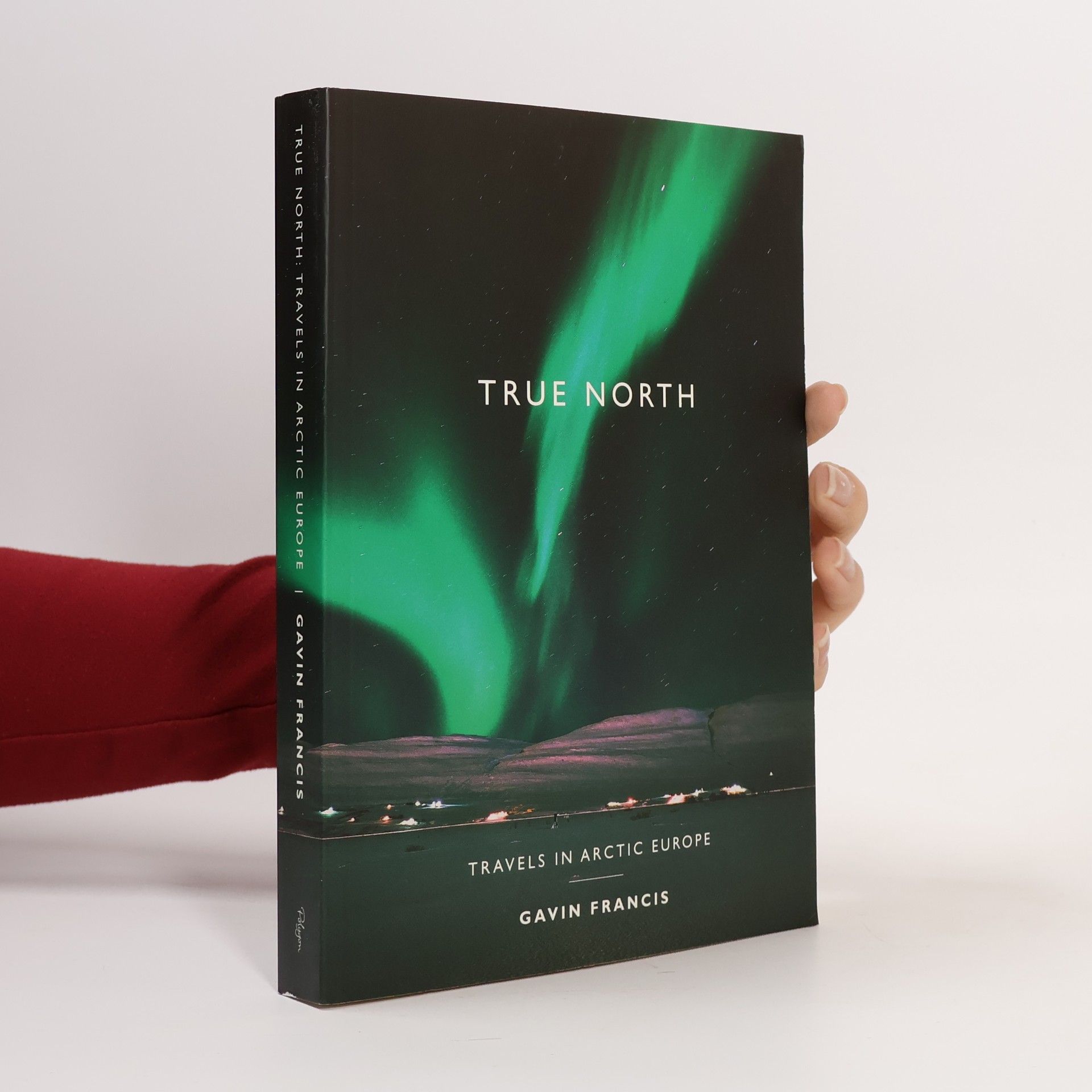"Sir Thomas Browne (1605-1682) was an English physician, wordsmith, and polymath who contributed hundreds of words to the English language (such as medical, electricity, migrant, and computer). After studying medicine in Montpellier, Padua and Leiden he settled in Norwich, where he practised as a doctor and wrote some of the greatest books of the seventeenth century, still read for their accessibility and eloquence. Religio Medici ('Religion of the Doctor') examined the vexed question of faith in a God who, to a physician, seemed indifferent to suffering. Pseudodoxia Epidemica ('Vulgar Errors') gave free rein to an agile curiosity and sought to debunk notions then commonly believed, such as that dead kingfishers indicate the direction of the wind, or that a woman could get pregnant from sharing a bath with a man"-- Provided by publisher.
Gavin Francis Books
Gavin Francis crafts narratives that explore the profound connection between place and the human experience. His work delves into how landscapes shape lives and stories, examining both the physical terrain and the inner landscapes of the mind. Drawing from extensive travels across continents and his perspective as a medical doctor, Francis brings a unique depth to his observations. His writing is distinguished by its elegant prose and a deep interest in how places are imagined and understood.






The Taming of Scarcity and the Problems of Plenty
- 106 pages
- 4 hours of reading
This book upends our understanding of international relations, and the grand strategies needed to navigate a complex, dangerous world, by describing how the world has transitioned from the problems of scarcity to the problems of plenty.
Shortlisted for a prestigious award, this book captivates readers with its compelling narrative and rich character development. It explores themes of resilience, identity, and the human experience, drawing readers into a world that is both relatable and thought-provoking. The author’s unique storytelling style and vivid prose create an immersive experience, making it a standout choice for those seeking depth and emotional resonance in their reading.
Shapeshifters
- 304 pages
- 11 hours of reading
The mysteries of human transformation brought lyrically to life by the bestselling author of Adventures in Human Being.
The author fulfilled a lifetime's ambition when he spent fourteen months as the base-camp doctor at Halley, an isolated British research station on the Caird Coast of Antarctica. Following the penguins throughout the year, the author talks about the hardship of living at 50 C below zero and the unexpected comfort that the penguin community bring.
Recovery
- 96 pages
- 4 hours of reading
A short, uplifting account of hope and healing by the author of Adventures in Human Being.
Free For All
- 192 pages
- 7 hours of reading
Britain's health service is dying. Gavin Francis shows us why we should fight for it. Since its birth in 1948, the powers that be have chipped away at the NHS. Now, Britain's best-loved institution is under greater threat than ever, besieged by a deadly combination of underfunding, understaffing and the predatory private sector. In the wake of the pandemic, we have come to accept a 'new normal' of permanent crisis and years-long waiting lists. But, as Gavin Francis reveals in this short, vital book- it doesn't have to be this way, and until recently, it wasn't. Drawing on the history of the NHS as well as his own experience as a GP, he introduces us to the inner workings of an institution that has never been perfect but which transformed the lives and health of millions, for free - and which has never been more important. For those who believe in the future of the NHS and its founding principles, this is essential reading from the bestselling author of Recovery and Intensive Care.
The stark, vast beauty of the remote Arctic Europe landscape has been the focus of human exploration for thousands of years. In this striking blend of travel writing, history and mythology, Gavin Francis offers a unique portrait of the northern fringes of Europe. His journey begins in the Shetland Isles, takes him to the Faroes, Iceland, Greenland, Svalbard and on to Lapland. Following in the footsteps of the region's early pioneers, Francis observes how the region has adapted to the 21st century, giving an observed insight into the lives of people he encounters along the way. As with all the best travel writing, "True North" is an engaging, compassionate tale of self-discovery, whilst blending historical and contemporary narratives in the tradition of Bruce Chatwin and Robert Macfarlane.
Intensive Care
- 224 pages
- 8 hours of reading
On the pandemic's forgotten front lines, a doctor cares for his community - from care homes to homeless shelters, islands to the inner city.
Exploring the concept of connection, this book delves into the significance of bridges as symbols of unity in a world focused on division. It highlights how these structures facilitate the movement of goods, people, and ideas, transforming lives and economies. Additionally, it draws parallels between physical bridges and the connections formed through language and conversation, emphasizing their role in fostering understanding and communication between individuals.
